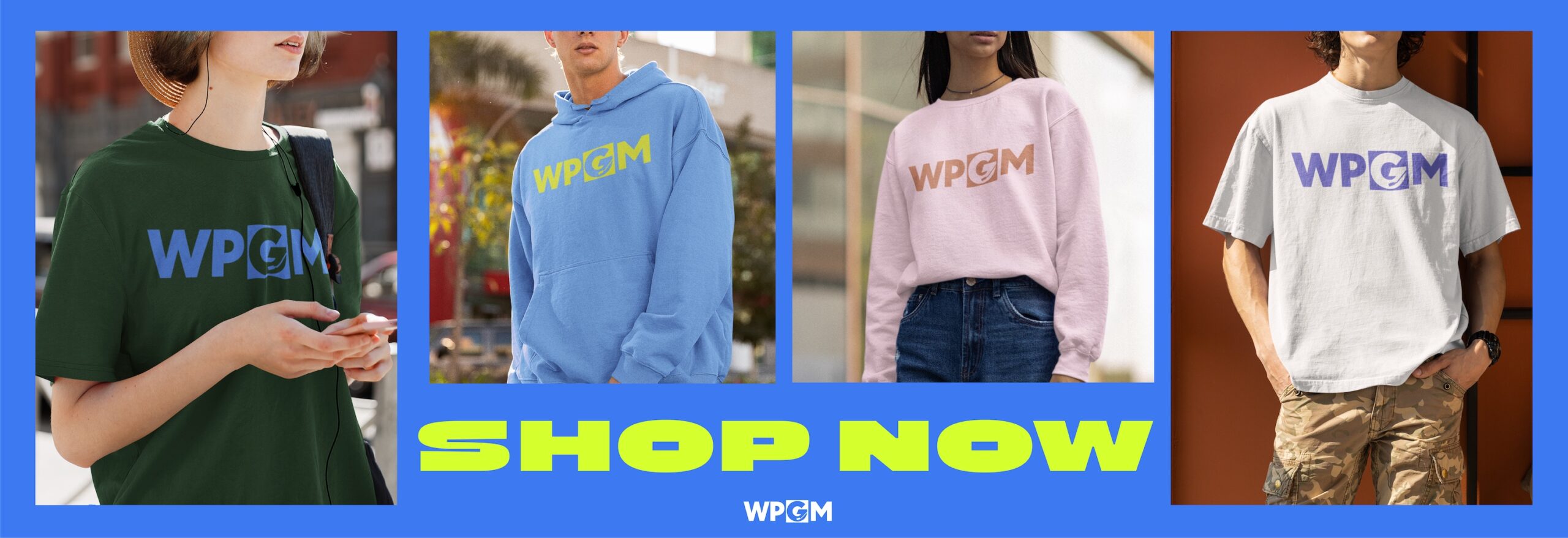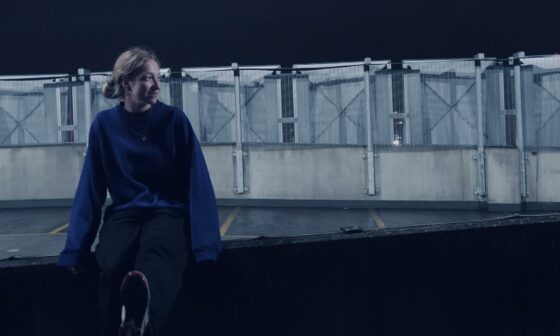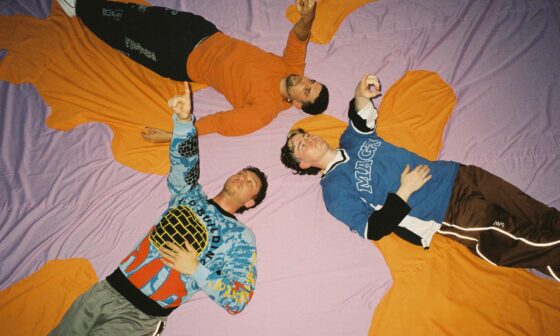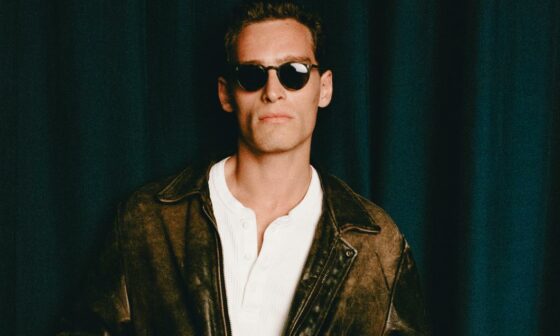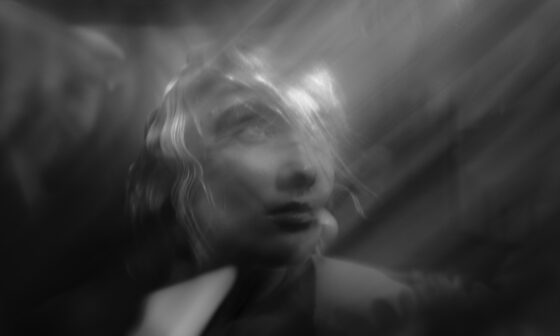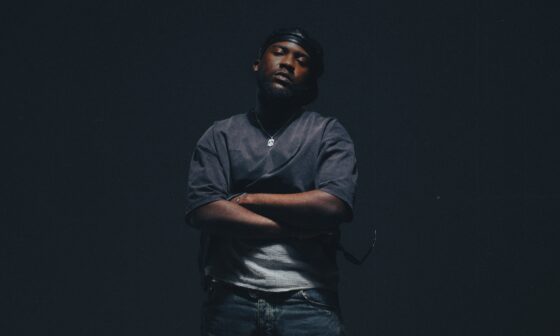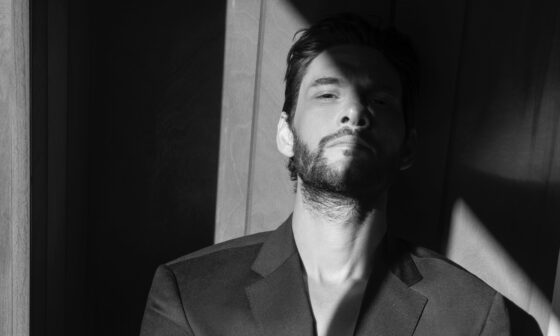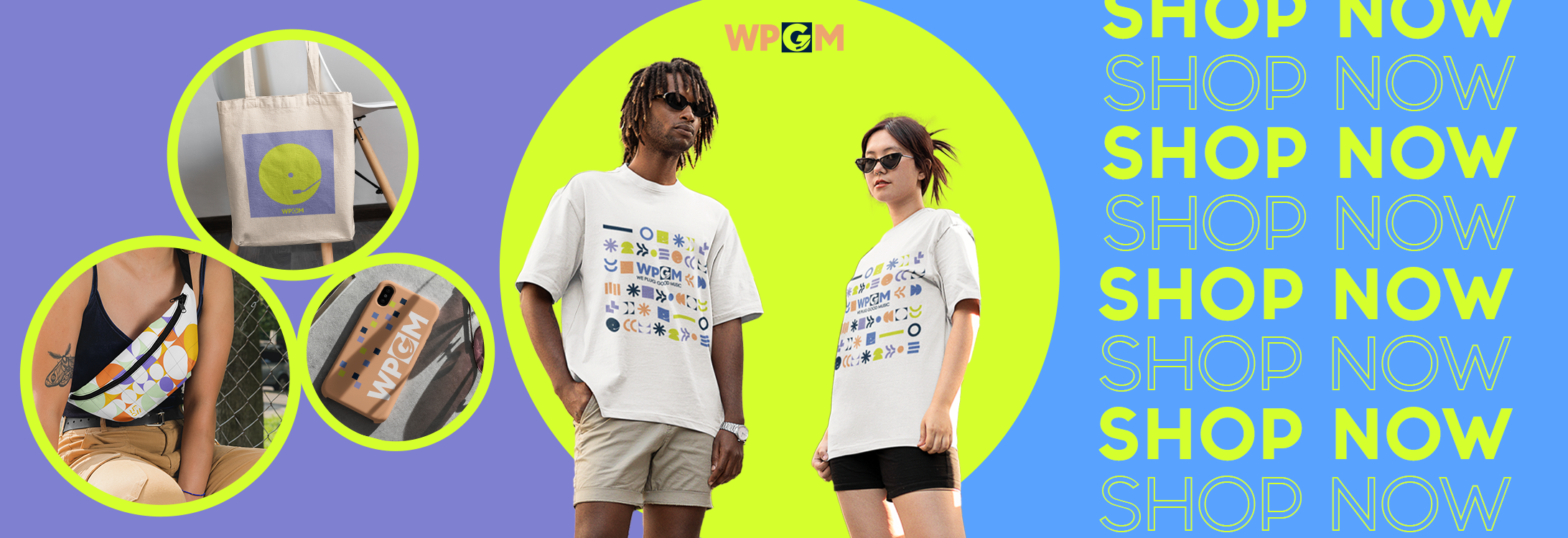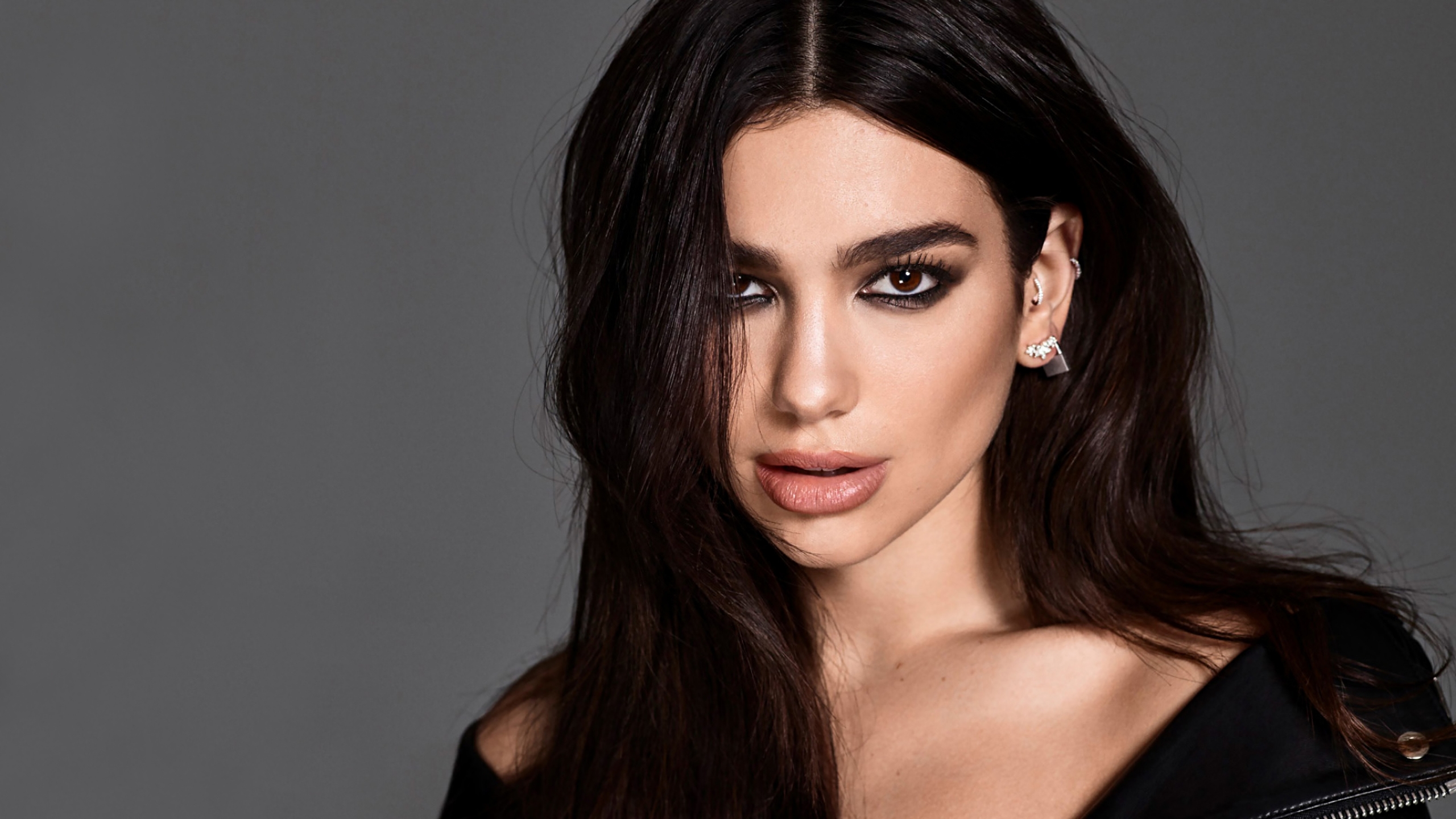
Dua Lipa has strongly consolidated her status in the music industry the past few years as pop’s new power source. It is with a coveted appearance on the cover of the February 2021 issue of Rolling Stone Magazine, looking sensational in a revealing mesh outfit, that she discussed her ascension, life, and the writing of her successful latest album Future Nostalgia.
The interview goes on to explain how Dua Lipa took the risks to release her album during this complicated year while a lot of artists decided to delay their album. Dua lipa remembers “I was terrified, but at the same time, I was like, ‘For some people, this is a form of escapism?’”. She did not anticipate how right she was, “I mean, I didn’t think it would look like that”.
Her conversation with Rolling Stone is the opportunity to learn more about how Dua Lipa got here. She explains how she started by signing with a modelling agency even though she never actually desired to be a model. “That was another thing where I was like, ‘OK, this is something that maybe could help me get out there’”, and again she was right.
From one thing to another, she ended up having some contacts that led to an offer of a publishing deal and to her manager, Ben Mawson, who got her signed with Warner.
The interview continues on how she found her own identity in this industry. According to her, 2017 was an exercise in finding her sound “It was such an amalgamation of different genres that I’m passionate about, and discovering myself and my songwriting”, she says.
The single “New Rules” was the kickstart that presented a view of female solidarity and emerged as a theme for Lipa. She says about it, “I just feel like, if you’re a feminist, you have to also support women in all fields of work”.
Dua Lipa describes her albums as the reflection of her states of mind as well. “When I was creating the first album, a lot of what was going on in my life was about heartbreak”, she explains, but for her last album she was feeling different as she says:
“This time around, I was feeling so happy and things were going so well, I was like, ‘OK, I need to be able to portray this feeling in a way that doesn’t feel cheesy to me’. I don’t know why I thought that when you’re a pop artist and you make a happy song, then all of a sudden it’s just not cool. I kind of just had to let that go”.
Her success probably comes from her determination. Indeed, she describes herself as “extremely hardworking and driven, and I feel like that’s the reason why I got to where I am”.
Her authenticity is also what makes her special, she confesses to Rolling Stone who describes her as someone warm, gracious and wise “I don’t have two personas, an alter ego for who goes onstage […] I’ve never had that issue, figuring out, ‘I’m going to be this character today, or this is who I’m going to play, or this is the role I want to take on.’ It’s hard for me to make stories up”.
The interview also evokes her childhood as the daughter of a Kosovar Albanian family growing up in the United Kingdom, her relationship with the Hadid family and even some political beliefs.
The magazine ends by asking her “Do you feel like you’re a female alpha now? Have you internalized that?”, to what she answers without hesitation “I’ve internalized that, yes. I feel good”.
Read the full interview here.

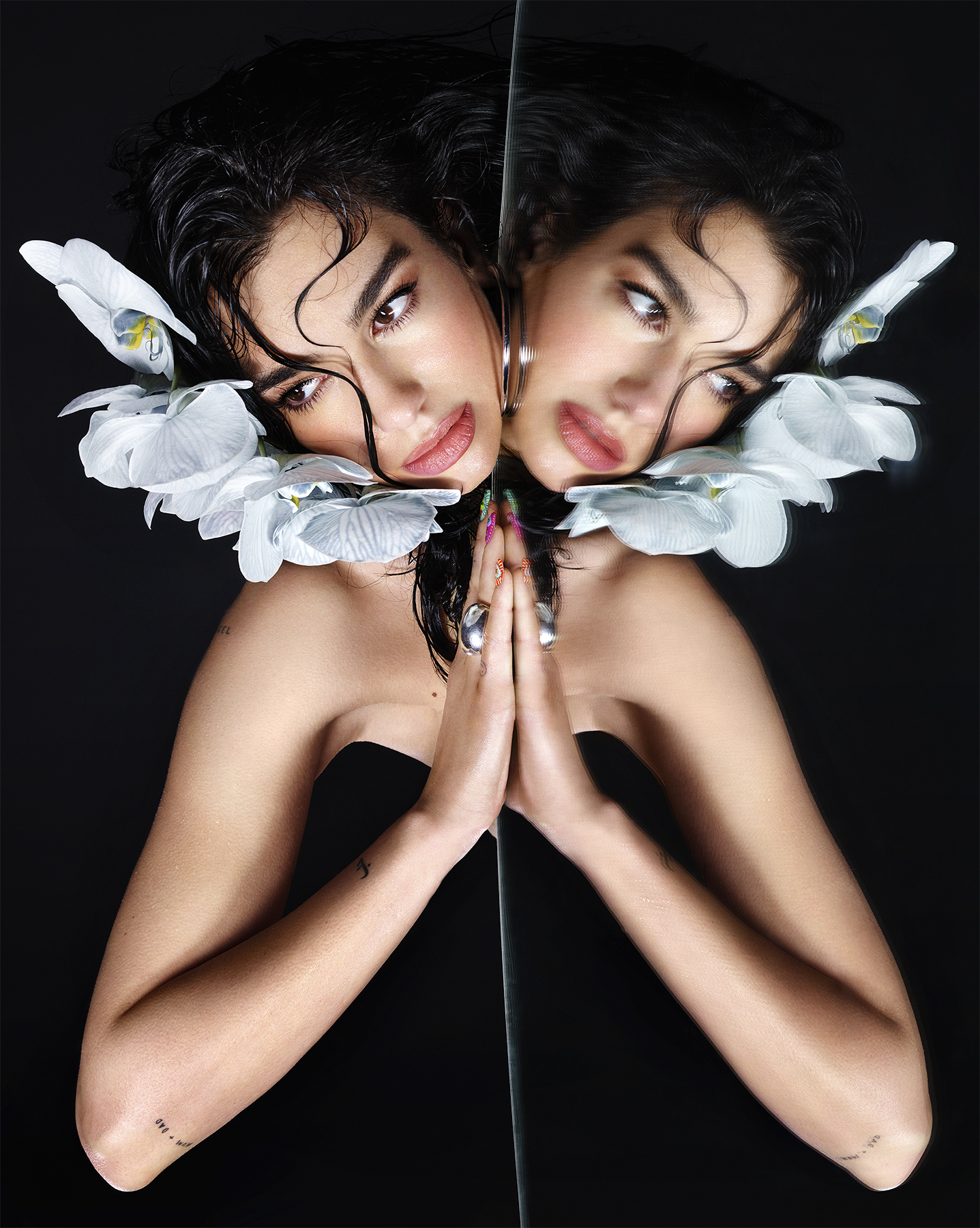
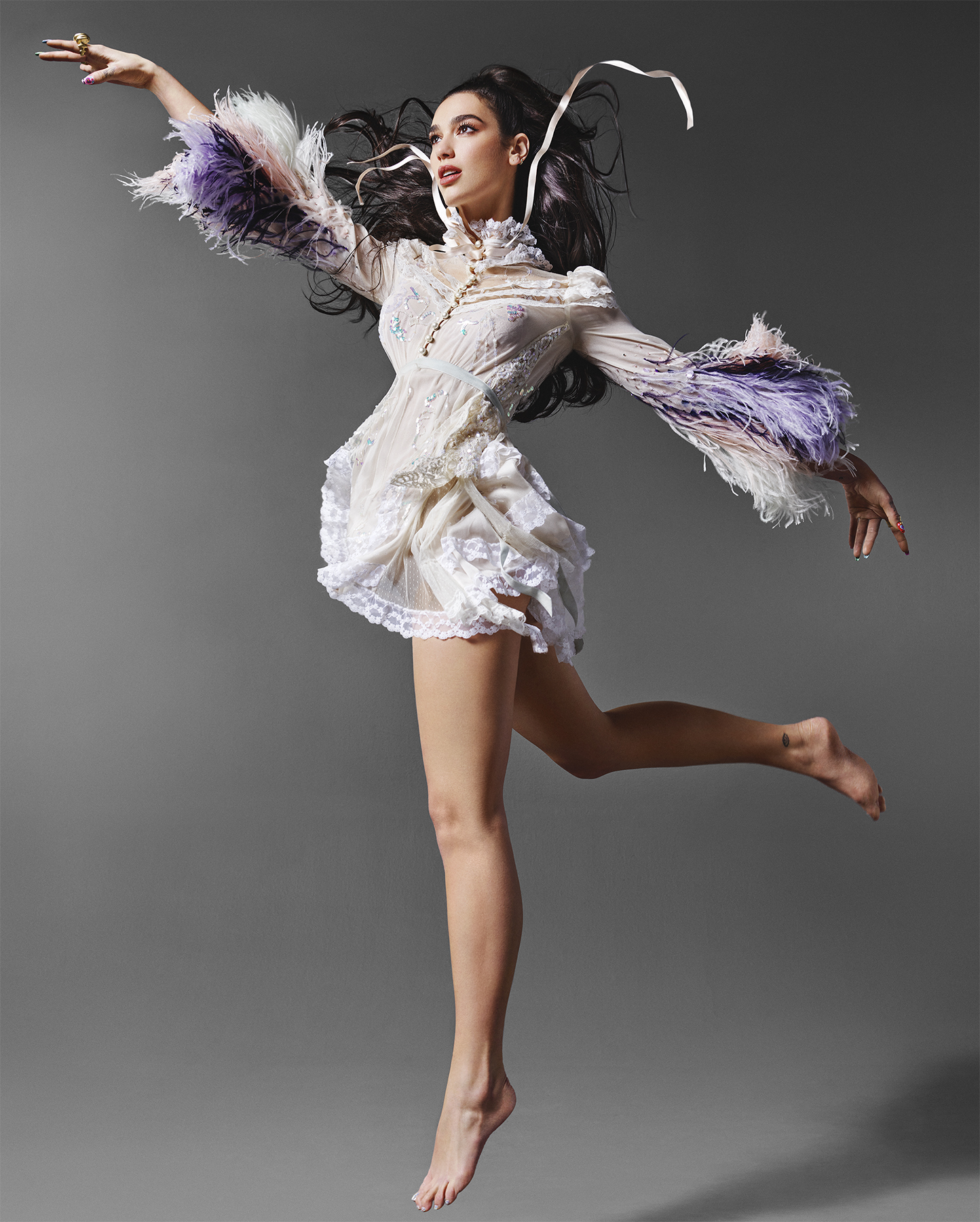
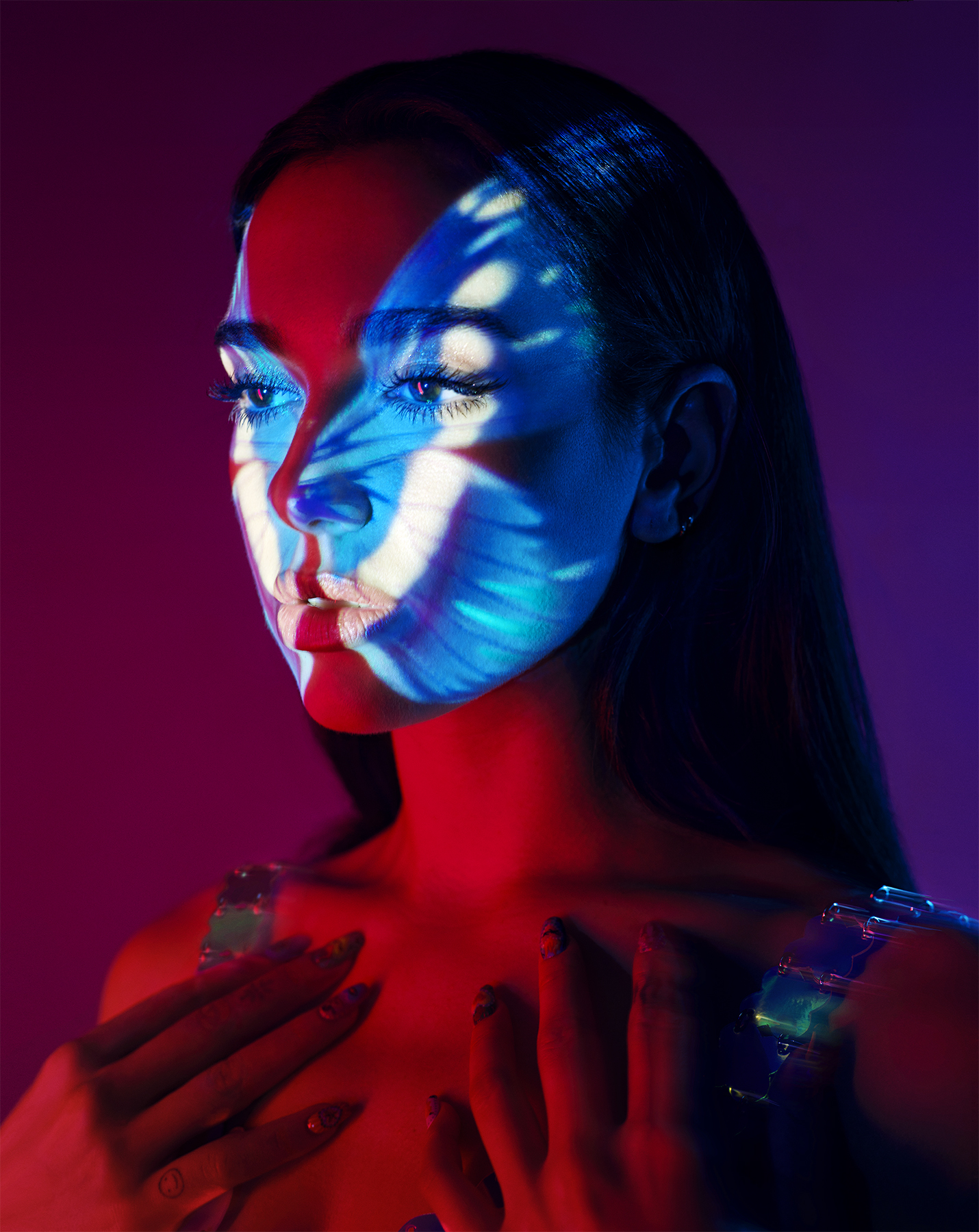
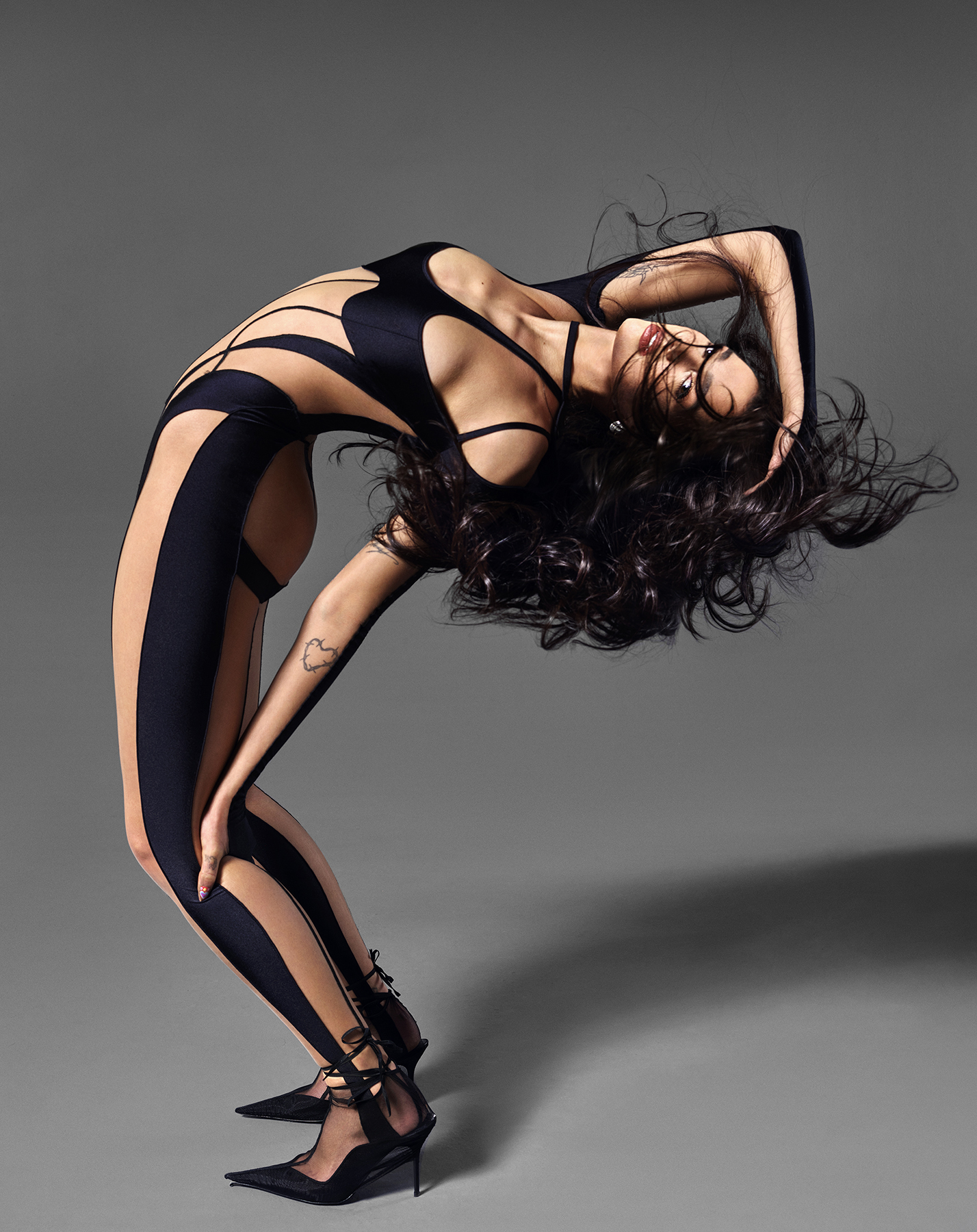
#Peace.Love.DuaLipa
